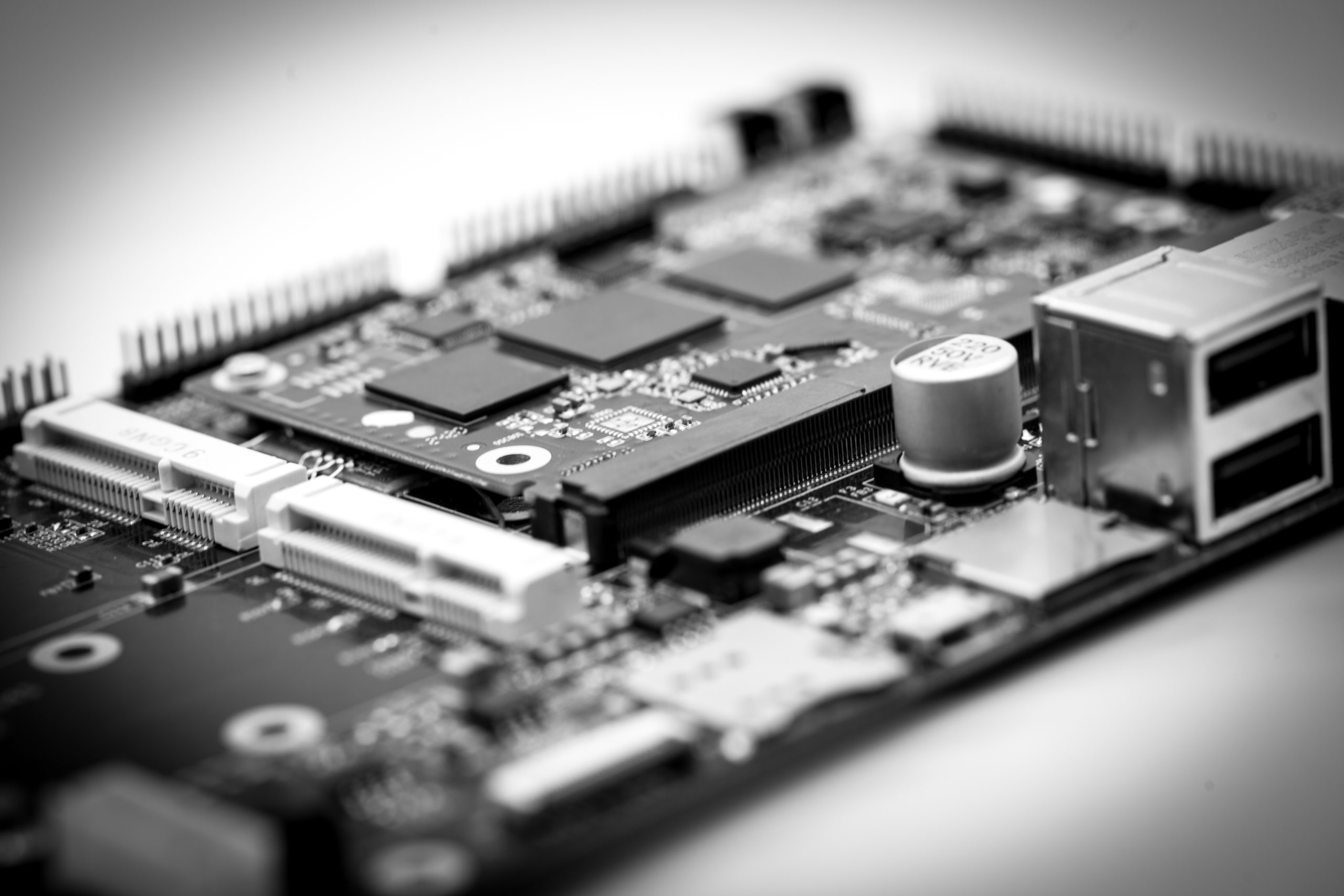The evolution of Industry 4.0 and the IoT is redefining product design and hardware design services.
In a world where factories are increasingly digital and interconnected, the success of product development depends on the following factors:
• manufacturability
• safety
• modularity
• reliability
• short prototyping cycles
• regulatory compliance
Hardware Design Services by MAS Elettronica
Hardware design services usually represent the first phase of any project to create intelligent systems for product innovation.
MAS Elettronica has consolidated experience in the hardware design of complex digital systems based on ARM. We use our mastery in design and manufacturing technologies to create our products and those of our customers, to whom we offer complete hardware, firmware and software design services and a stable and well-tested product.
It starts with an accurate analysis of the application in question through a feasibility study in which the specifications are established. We proceed with the choice of electronic components up to the PCB development and the delivery of the finished product.
Thanks to our twenty years of experience and that of our technological partners, we offer a fast prototyping service for the designed boards. Our technicians take care of the prototype test using state-of-the-art tools, the detailed report is then sent to our customers for comparison.
The hardware design can include a single, complete and independent electronic board, or take care of all the equipment development phases, such as a motor drive, a welding machine, an induction heating system, etc.
Innovative Technologies in Industry 4.0
The industrial world is facing numerous and rapidly evolving challenges, especially since the pandemic began, in fact, Industry 4.0 and the technologies connected to them have been fundamental to counter the crisis.
Digitization and automation are the basis of the hardware design services of this digital transformation, the field of application concerns the following sectors:
-
Use of data
This category is divided into 4 main branches:
– Big Data, the huge volume of data that floods companies every day. Attention should not focus on the amount of data, but on what the company does with those collected. This has a huge impact on transformation and innovation.
– Open Data, Public Administrations or private companies make data available to everyone and can be reused for various purposes.
– Internet of Things, the process of connecting to the Internet objects used in everyday life, from light bulbs to medical devices.
– Machine to machine, technologies and services that allow automatic transfer of information from machine to machine without or with limited human interaction.
– Cloud Computing: archiving data over the network on remote hardware rather than on the local workstation. Practical examples of everyday life are emails, social media, online banking, file backup, online shopping.
-
Analytics
The collected data must be analyzed and interpreted in order to improve procedures. An example is machine learning, where machines improve their performance thanks to the data stored and analyzed.
-
Interaction between man and machine
Here come into play touch interfaces, increasingly used and requested, and augmented reality.
-
Transition from digital to real
New technologies capture the energy and use it specifically in order to rationalize costs and optimize performance.
This sector also includes robotics, additive manufacturing, 3D printing, communications and machine to machine interactions.



